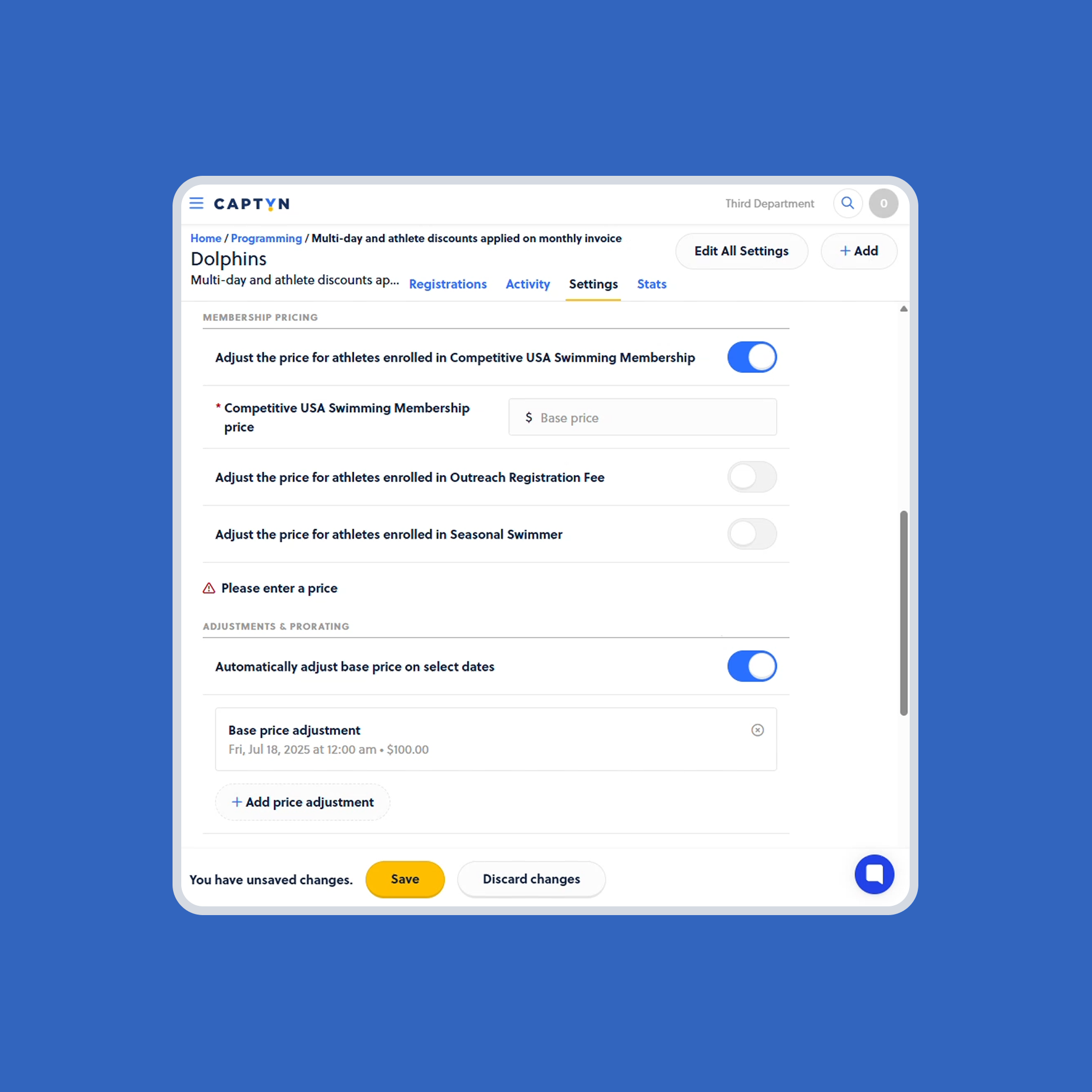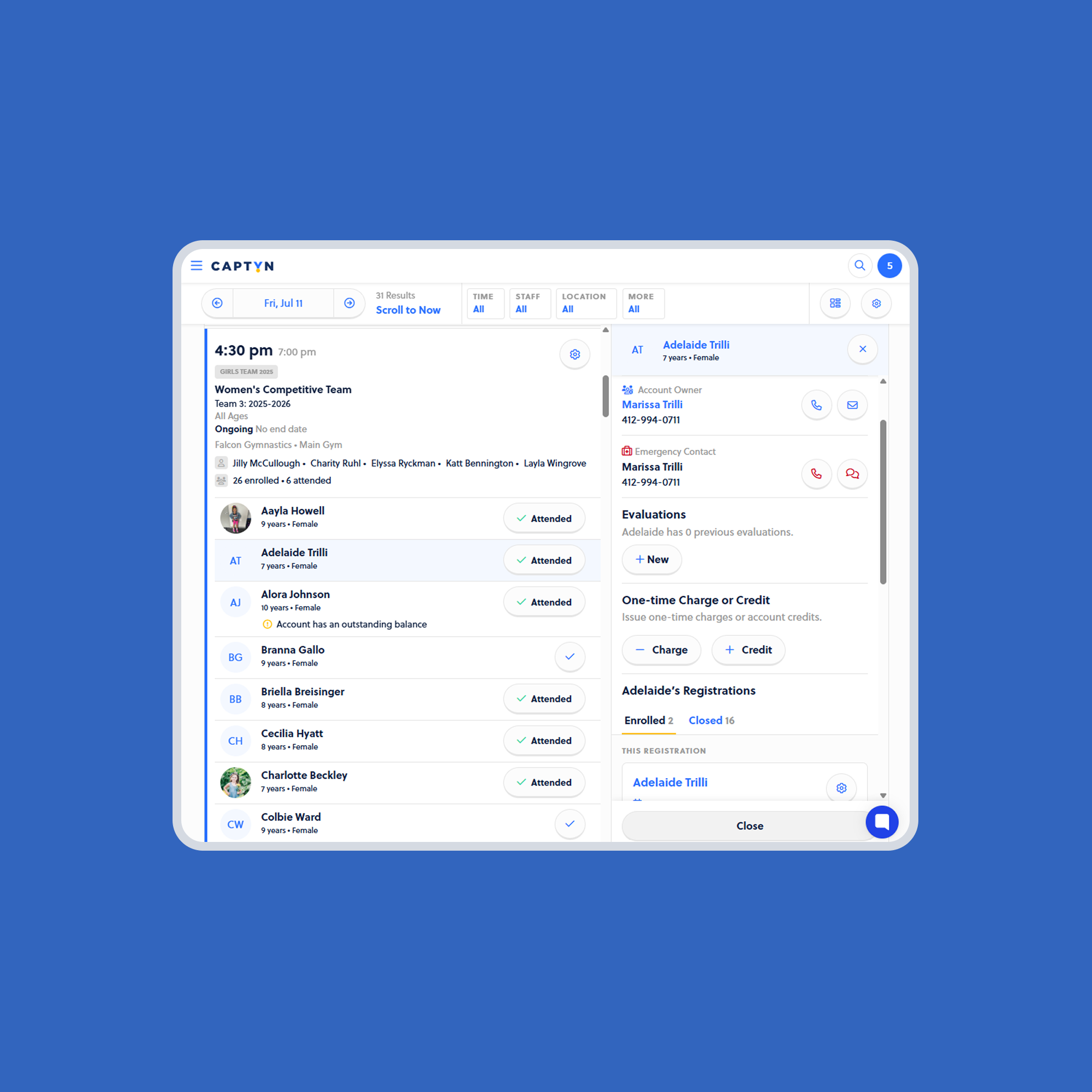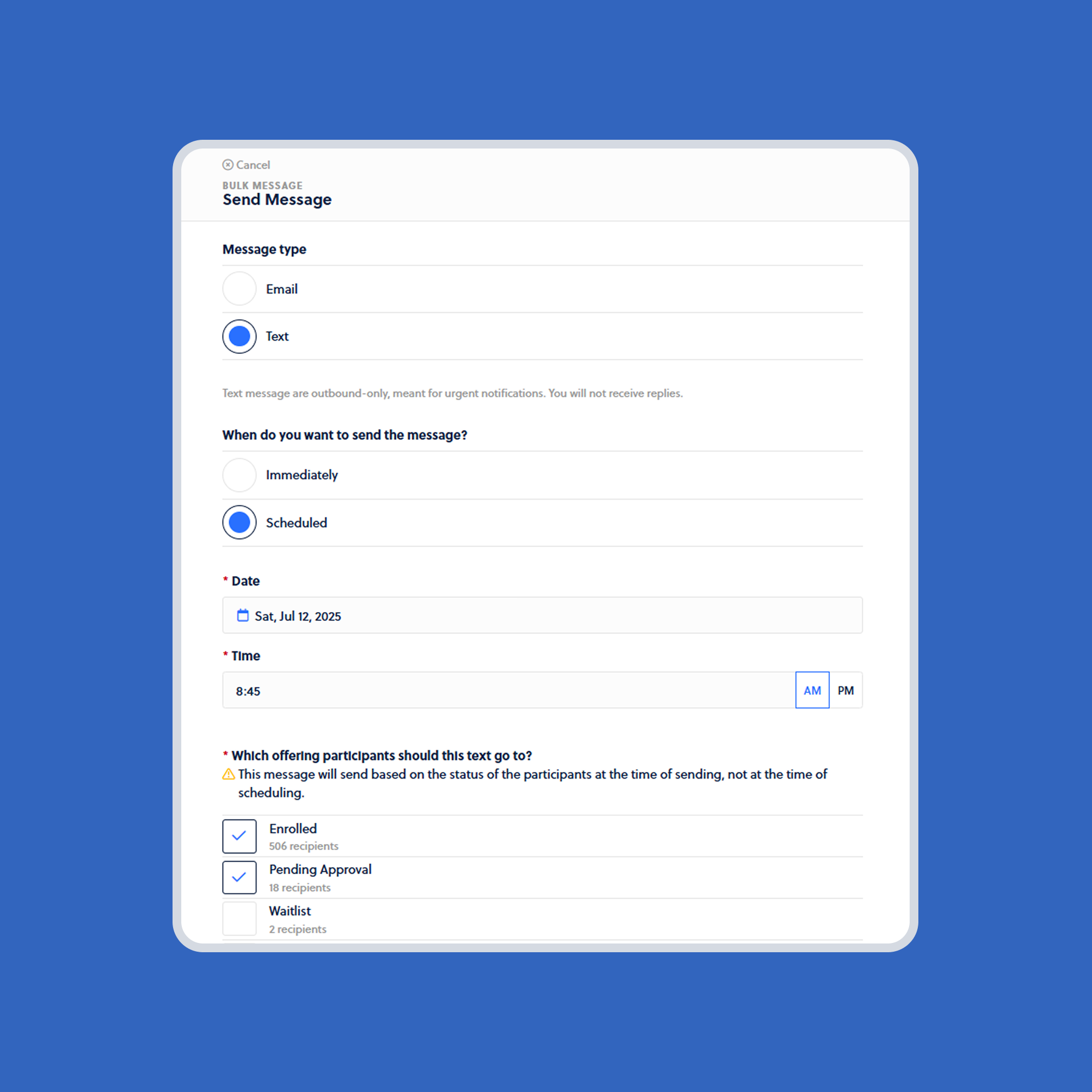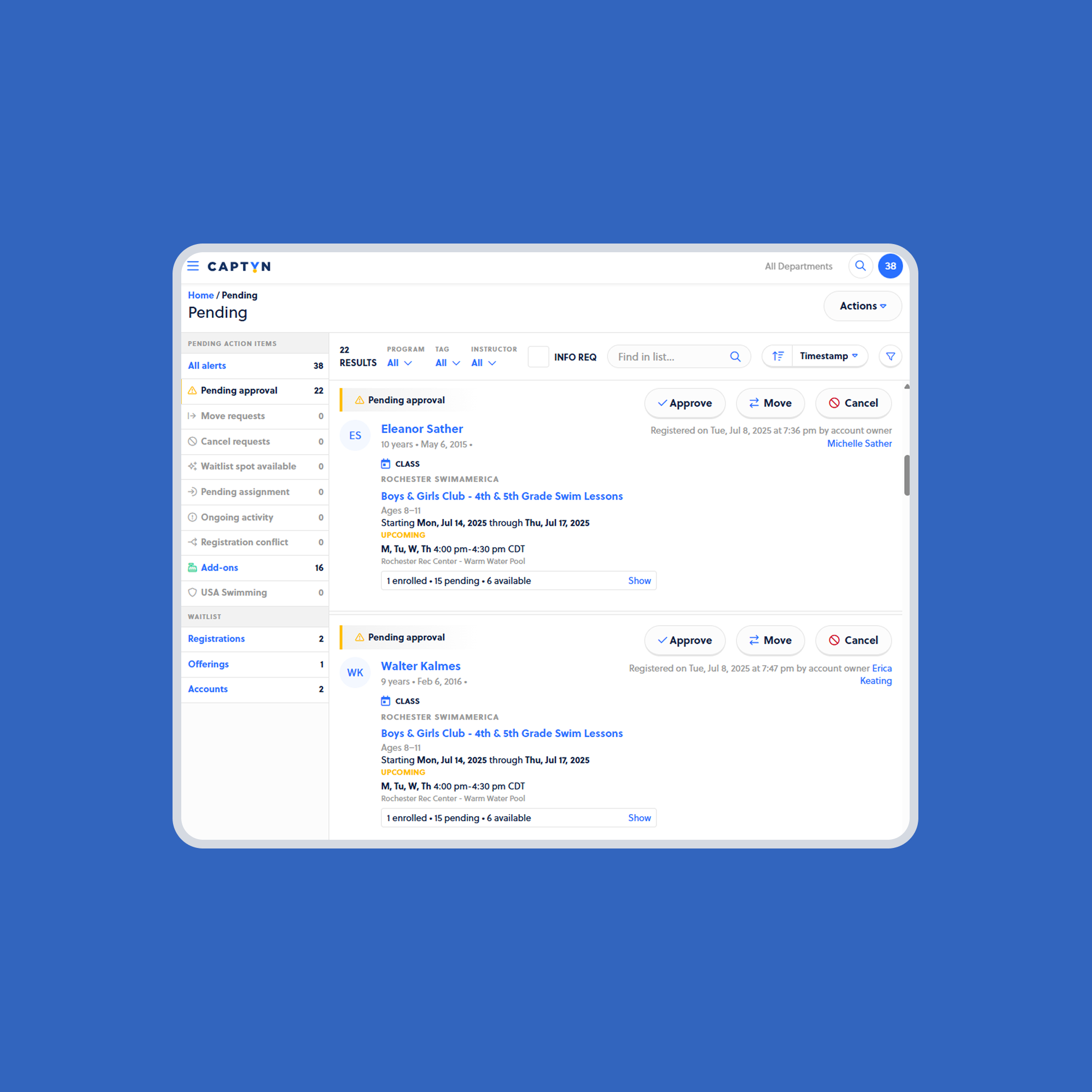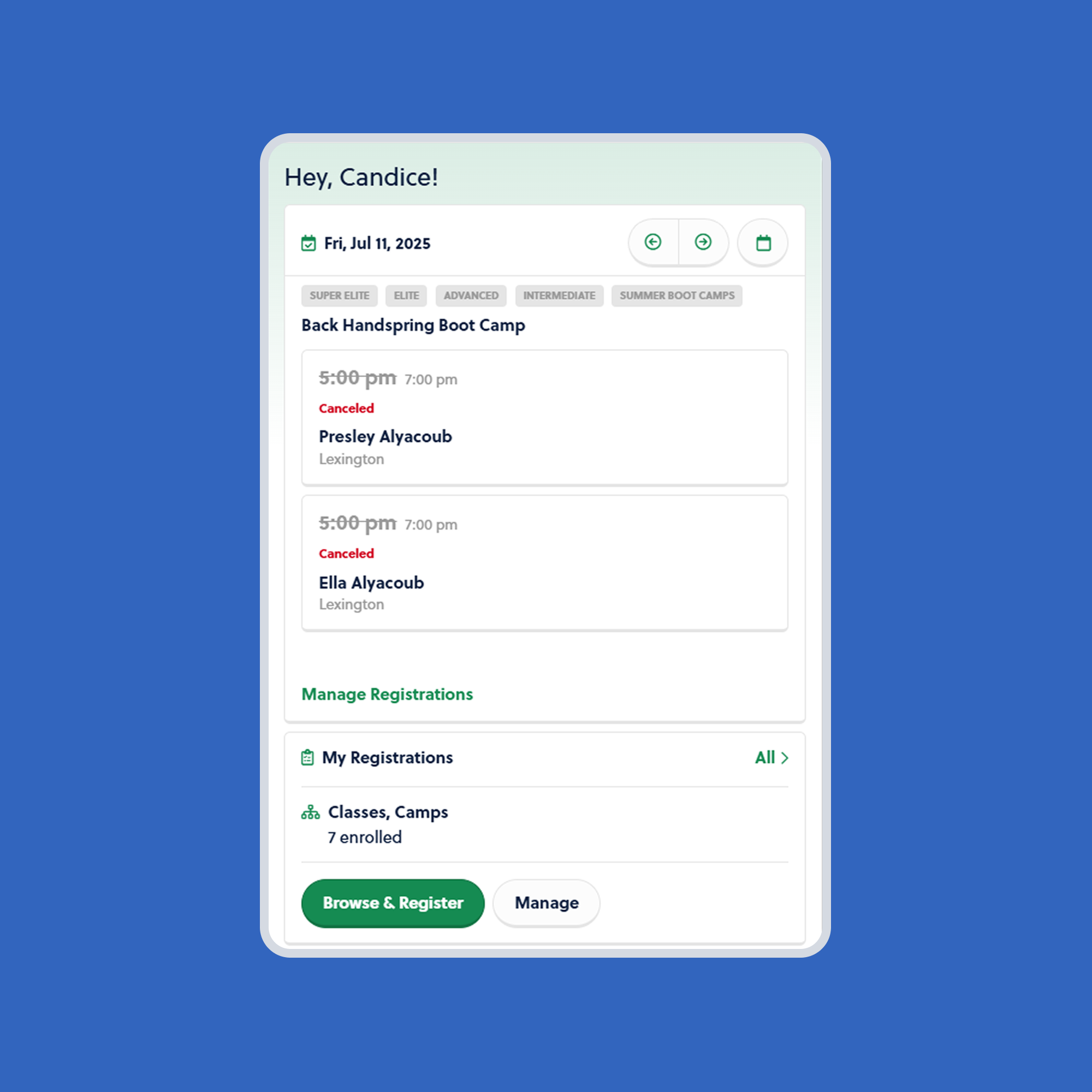Do It All.
Do It Better.
Captyn is one platform for registrations, payments, communication, and day-to-day operations—built to keep up.
“In the first 4 months since being with Captyn, we captured approximately $8,000-$9,000 in revenue that we were not capturing with our previous software solution. I underestimated how big that number was, and initially thought something was wrong! In 4 months, Captyn has already paid for itself for the next 4 years.”



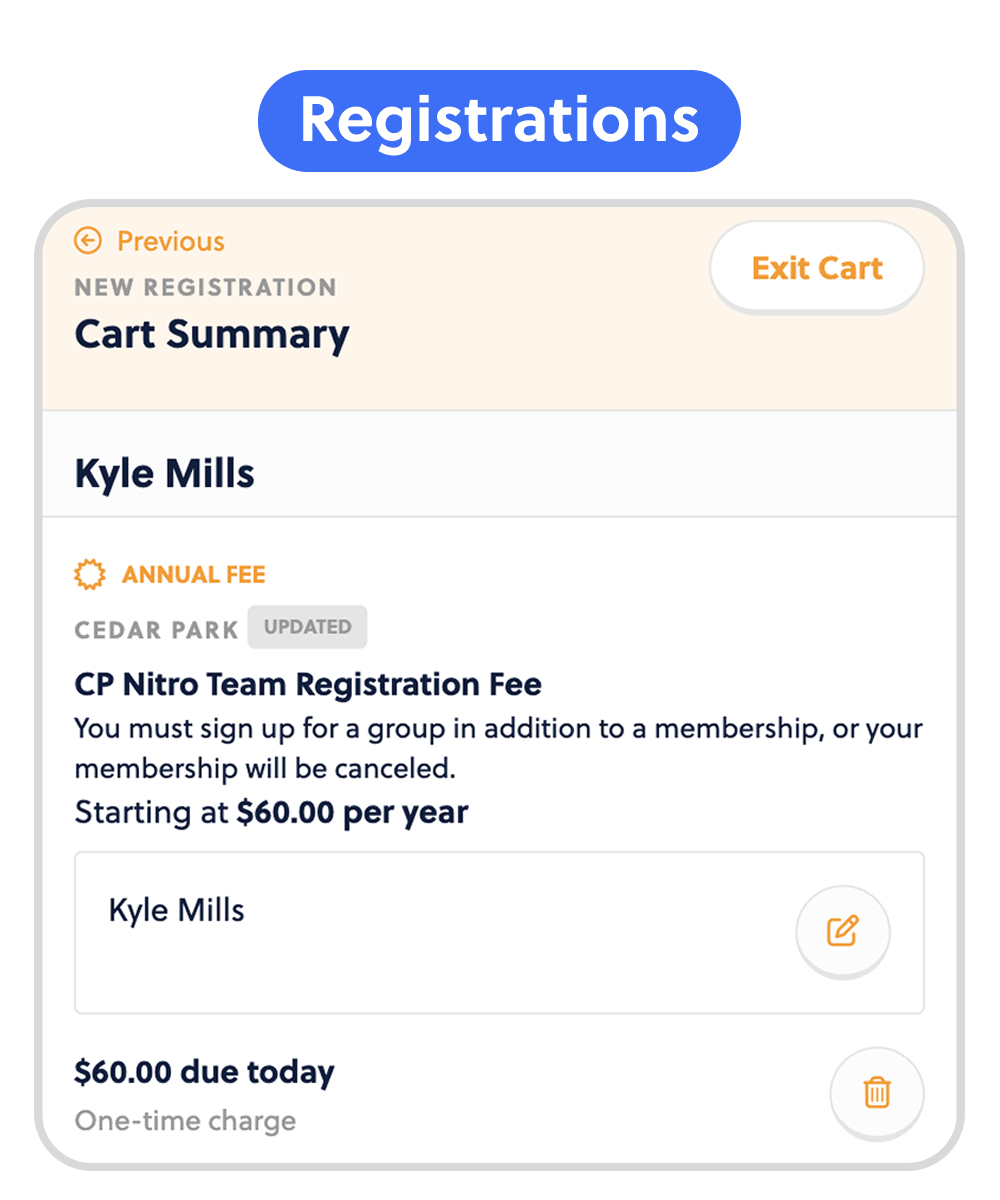


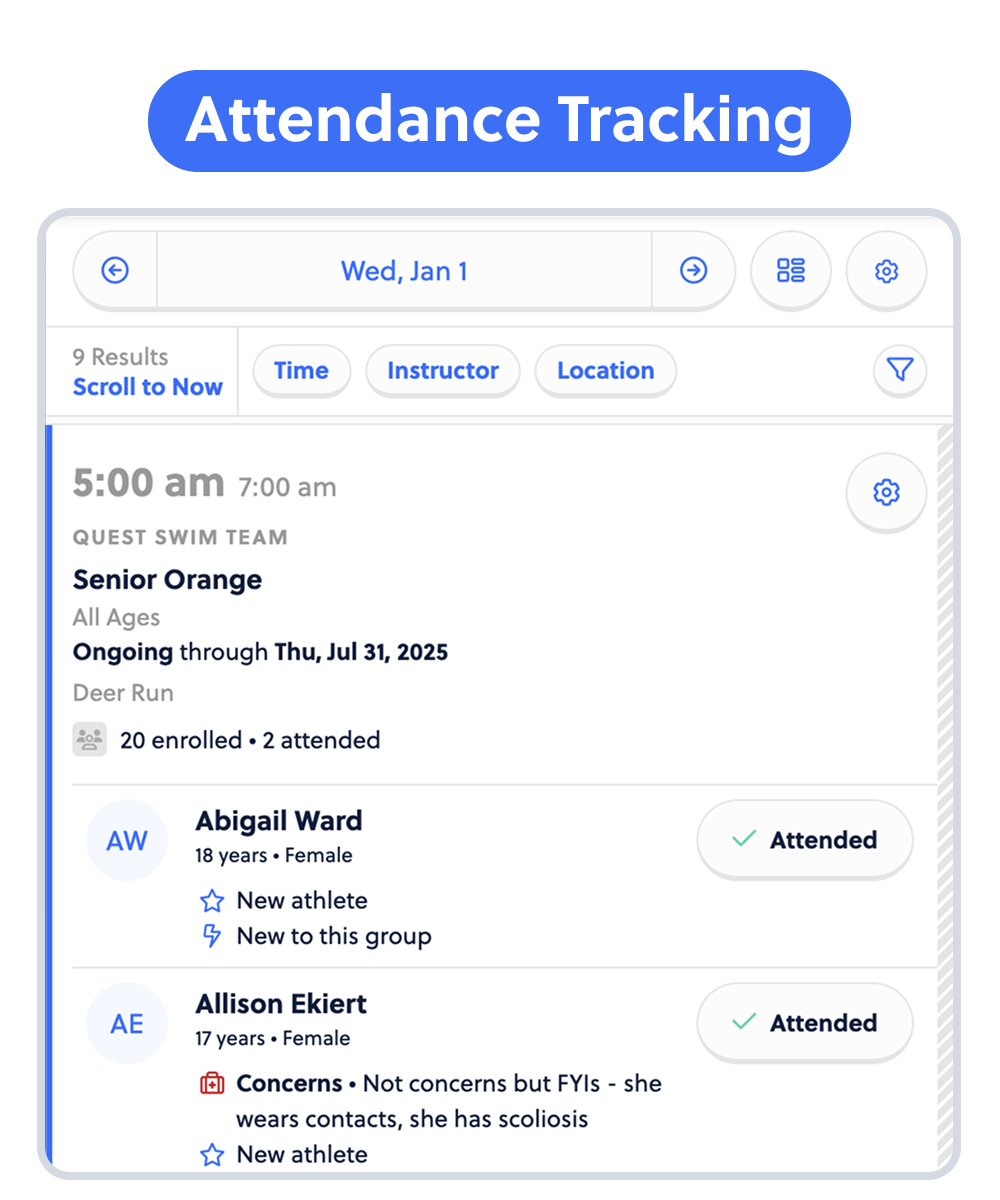


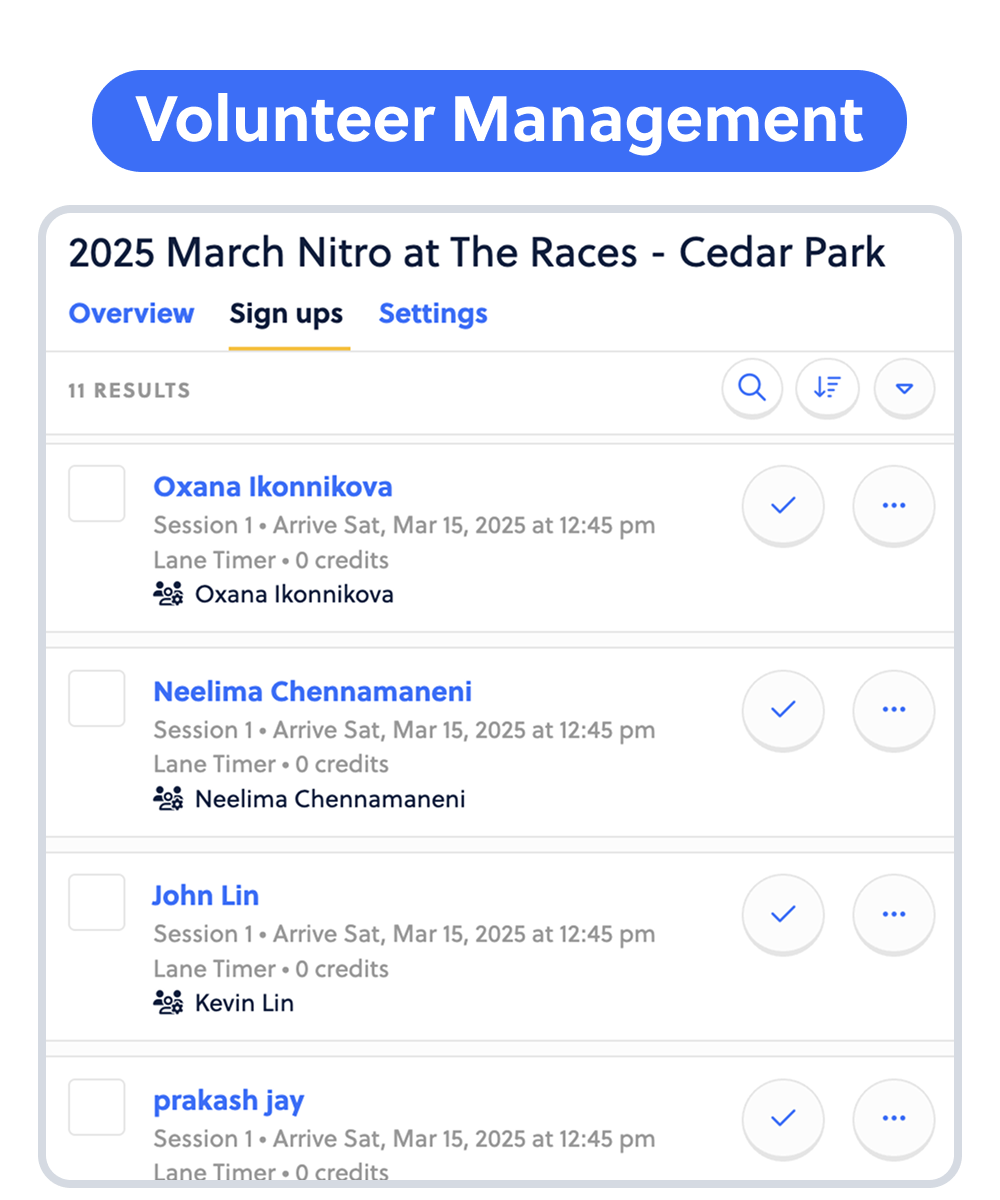


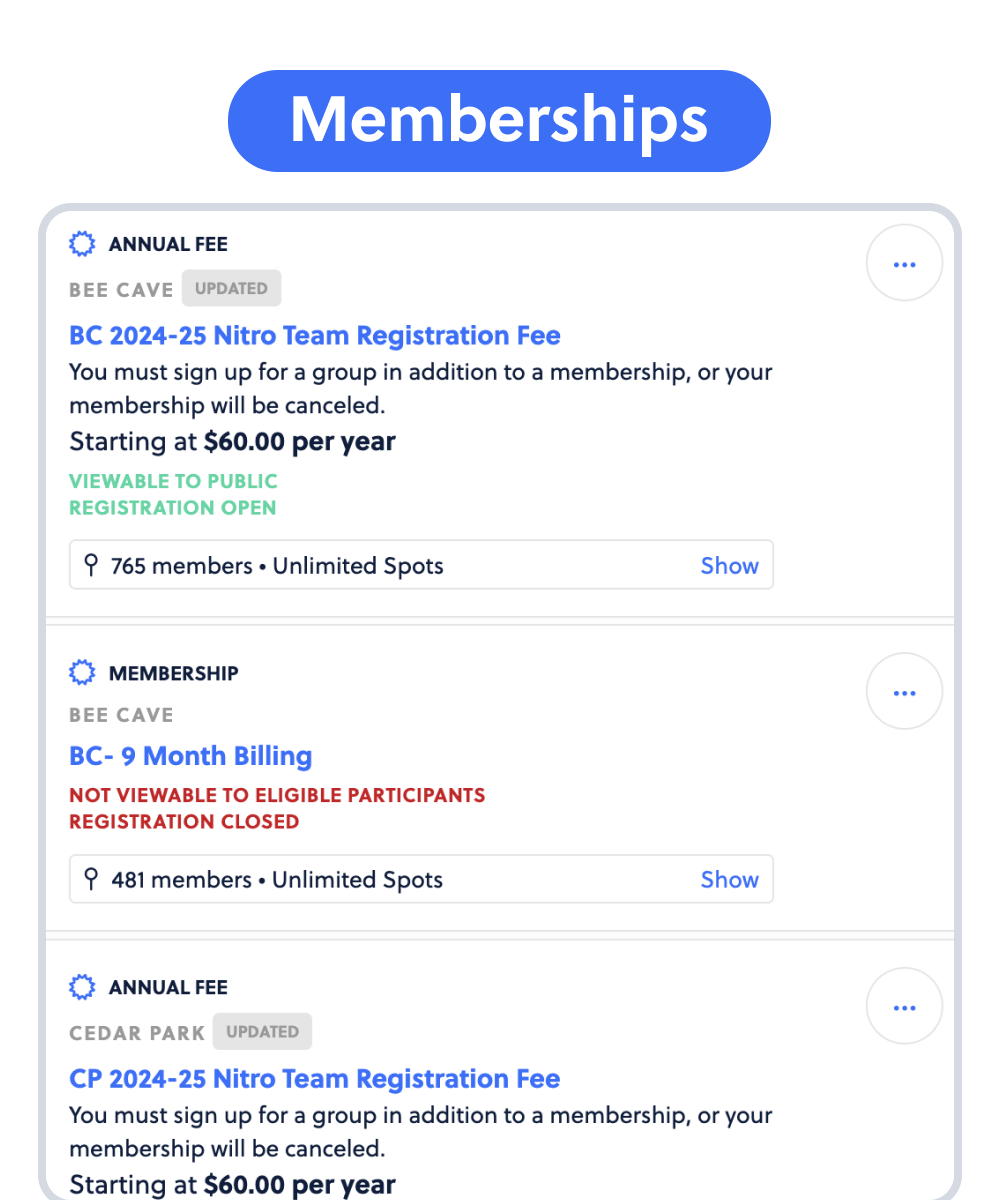






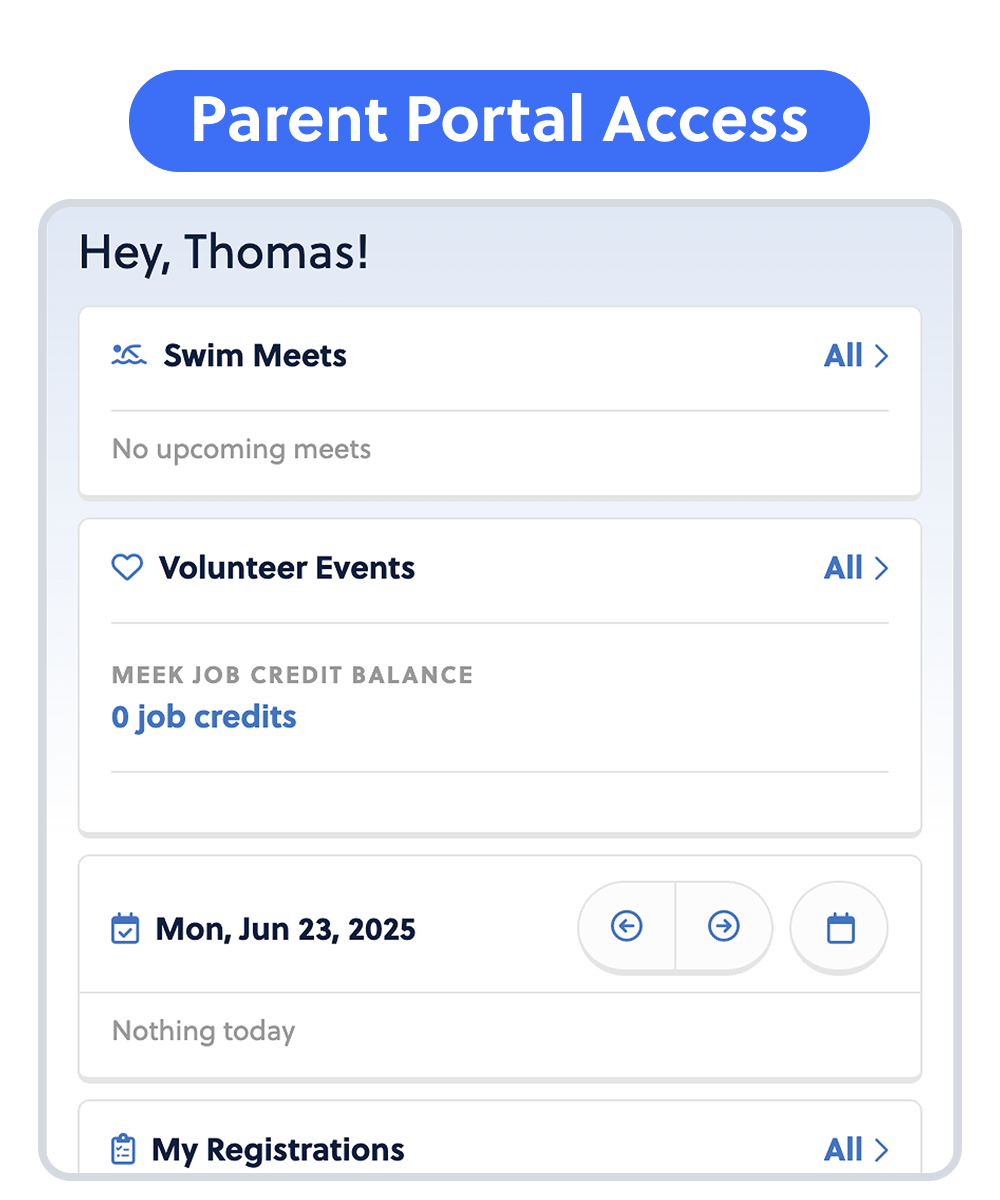


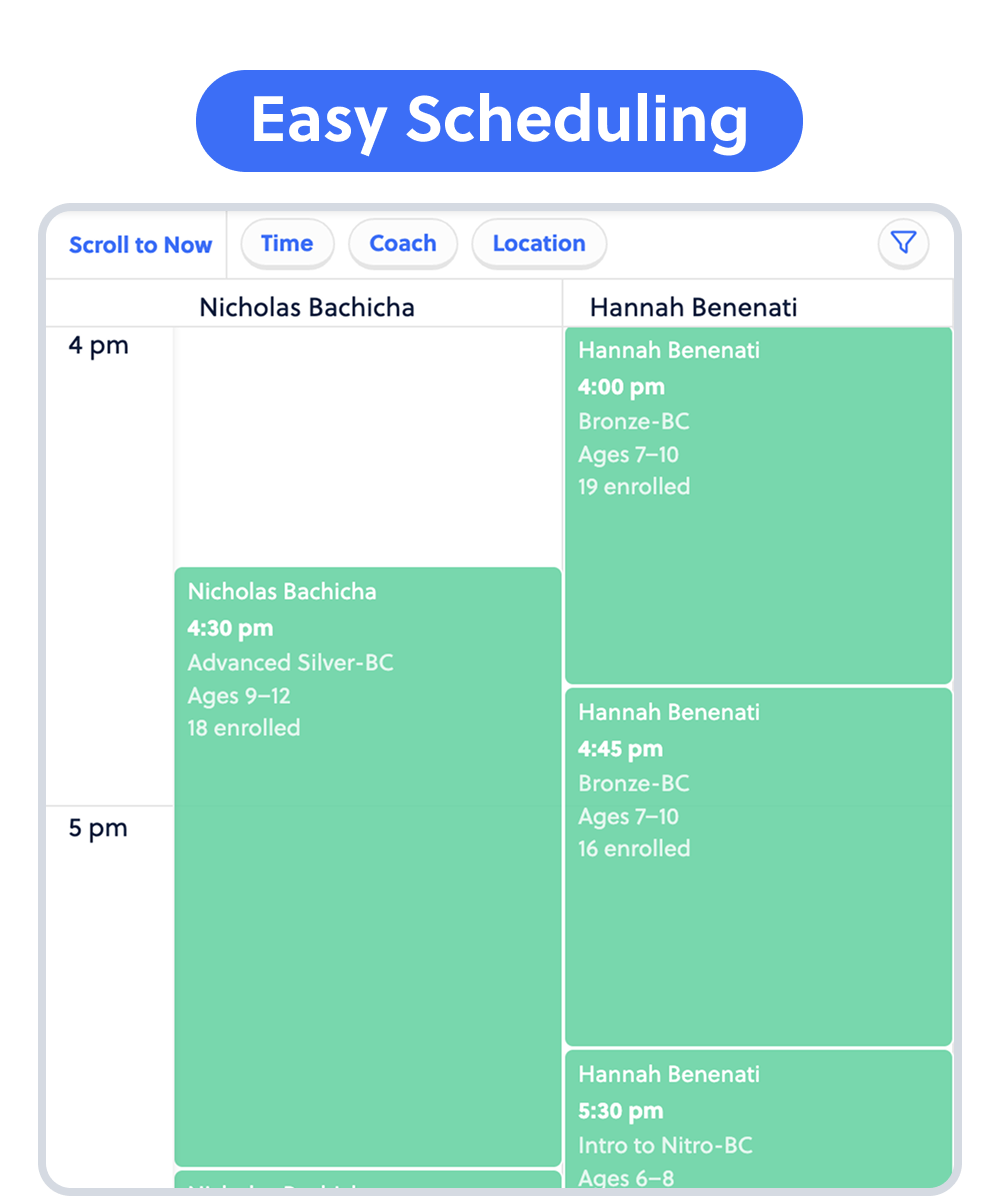


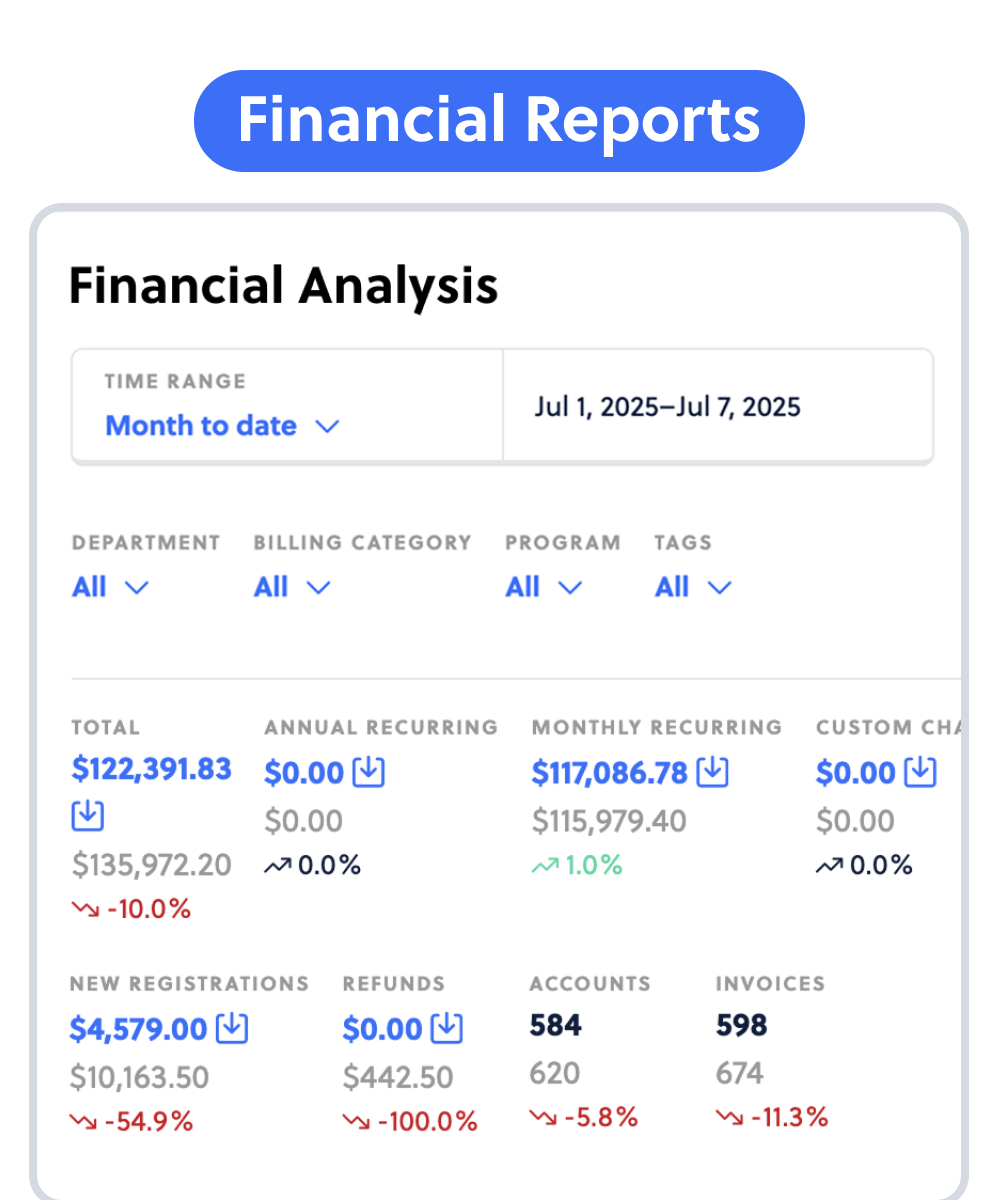




























































Best in Class
Customer Experience
From first tap to first day, Captyn keeps registration simple, communication seamless, and participation stress-free—for busy parents, on-the-go participants, and every customer you serve.

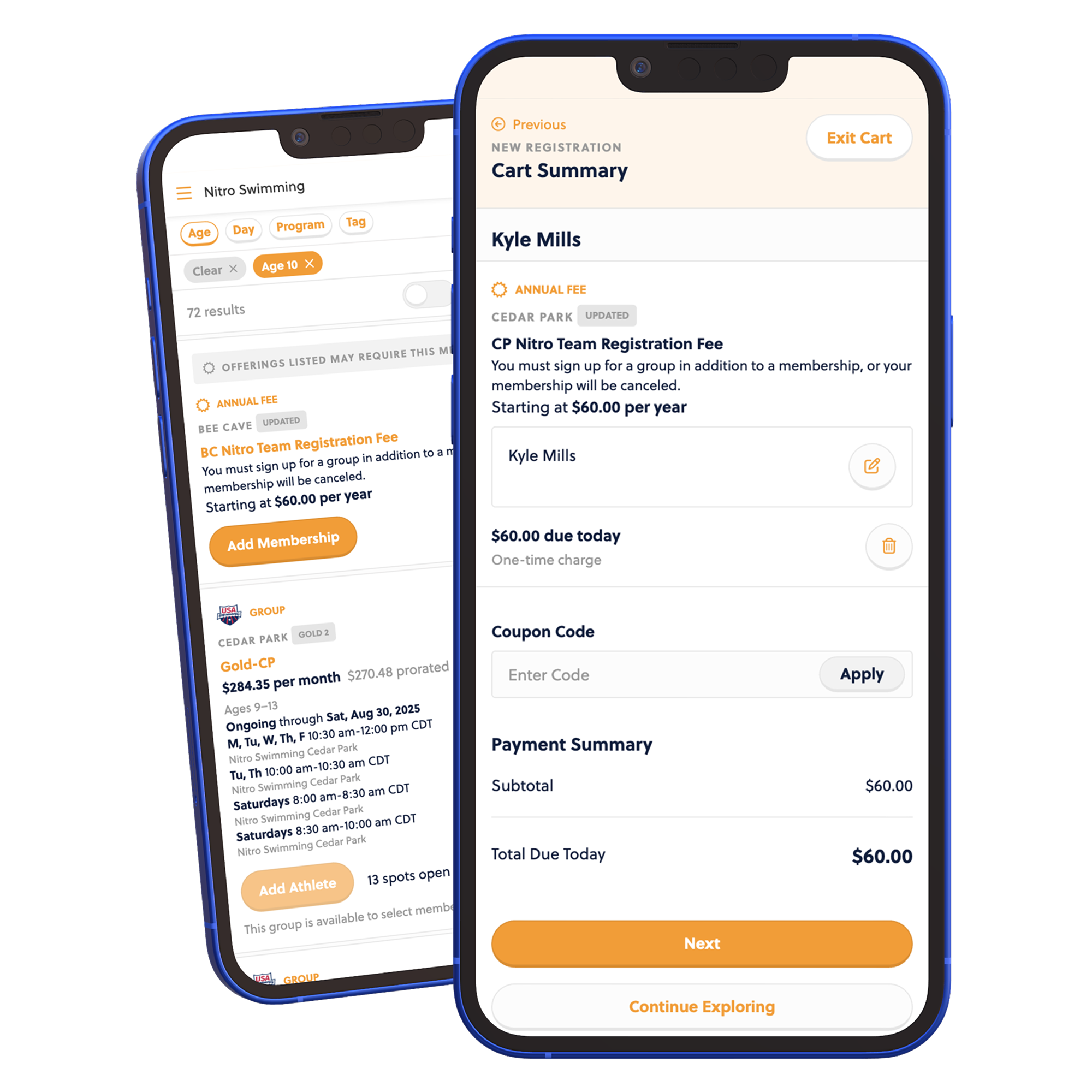
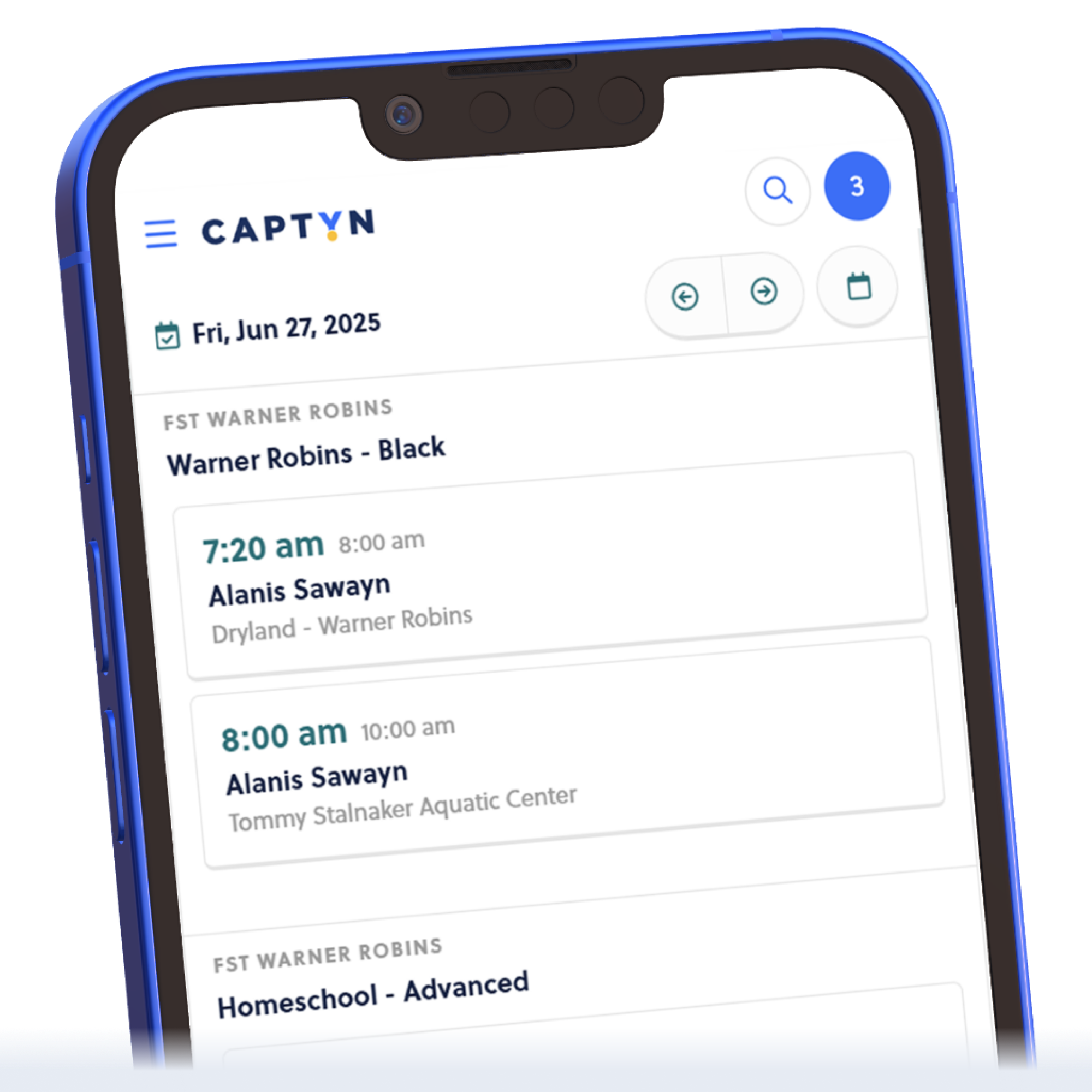










Smarter Tools for the Ones Who Get it Done
A software that allows your team to operate like a pro - Captyn provides the tools to make day to day operations effortless.
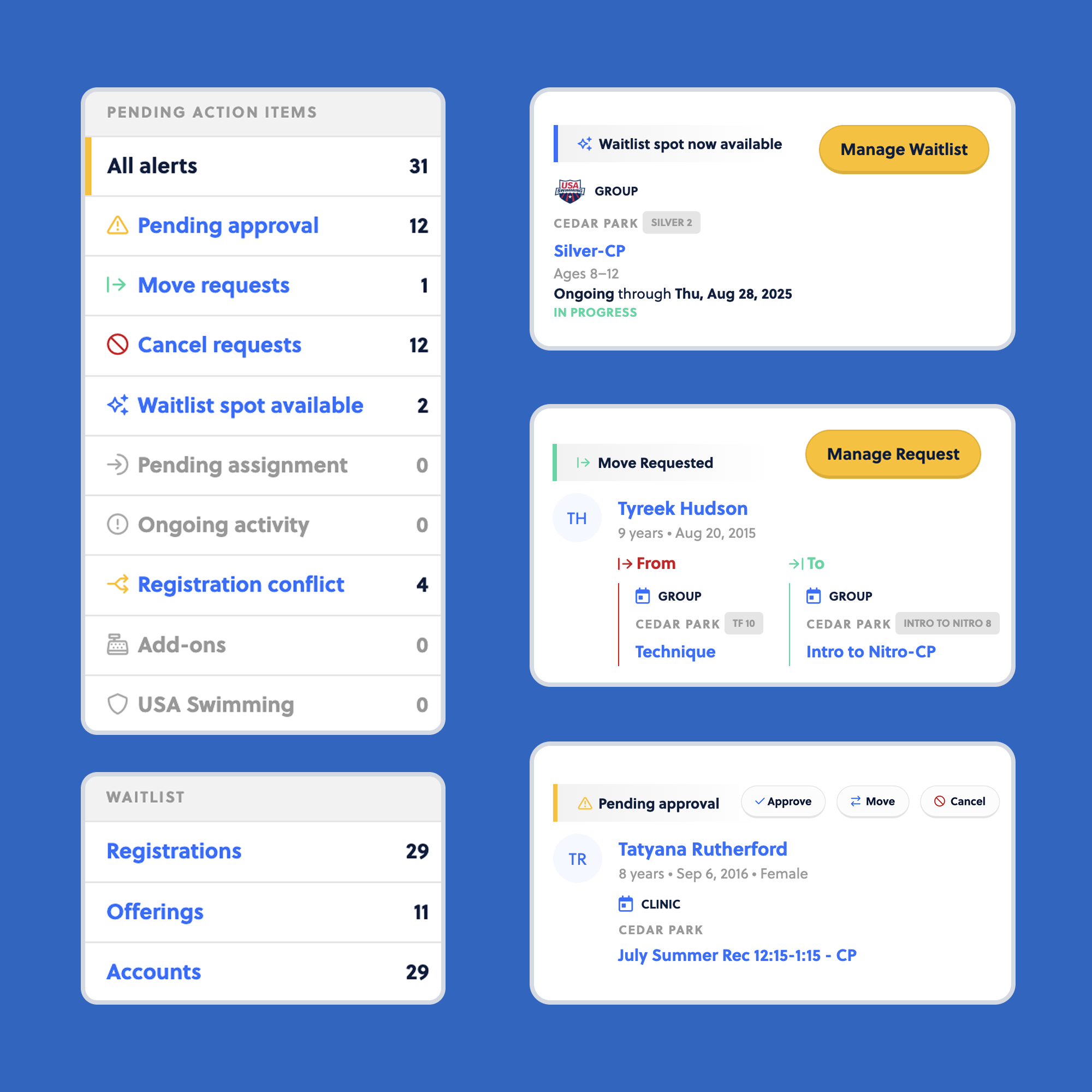
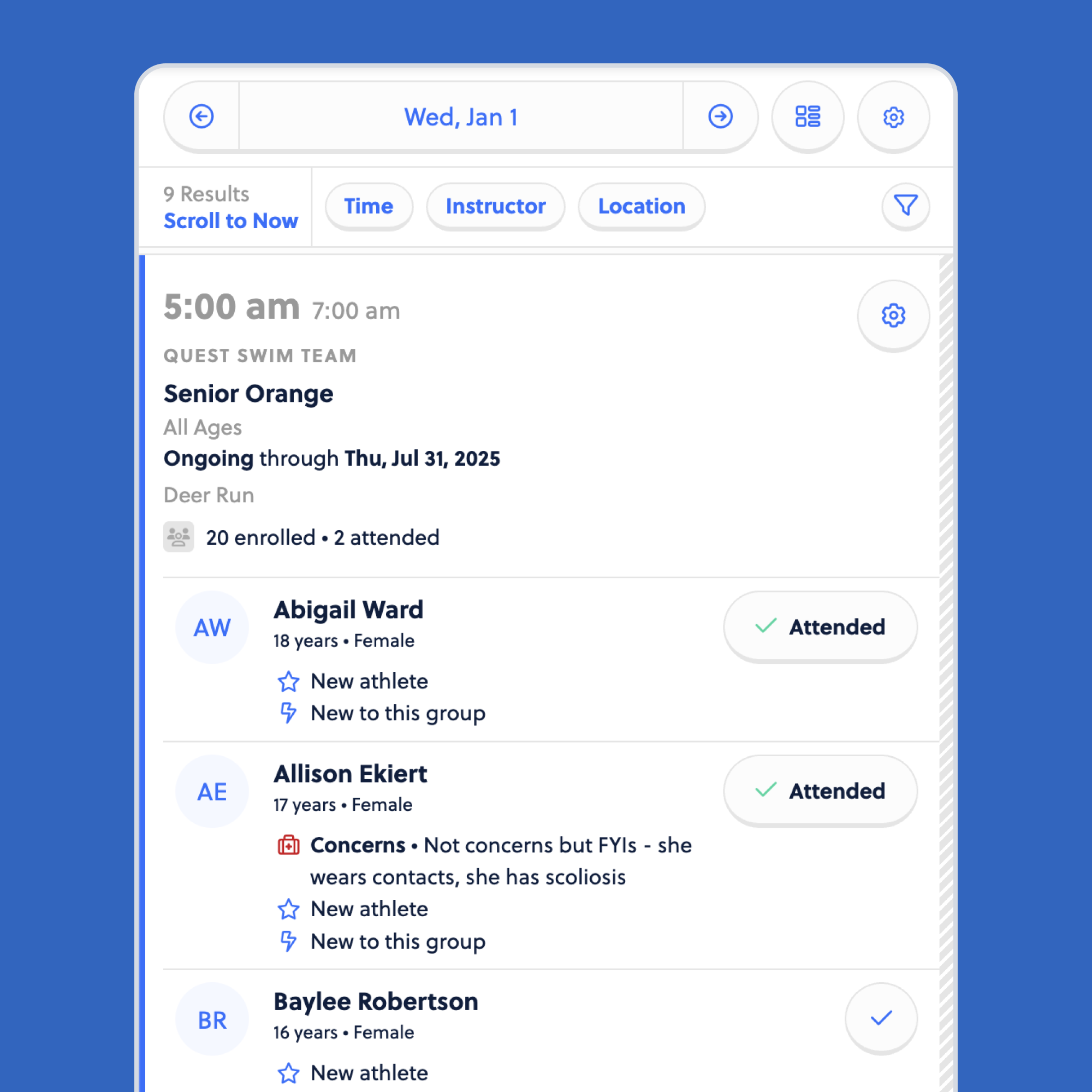

Top Organizations Rely on Captyn Everyday
Some of the largest and most successful organizations leverage Captyn to stay organized and grow their businesses. Learn how these organizations are doing it.
Better Data.
Better Leadership.
You can’t outgrow Captyn. The agile design allows you to keep all of your business operations in one place for lower costs and a single source of truth. With Captyn’s unparallel dynamic reporting tools every screen delivers business intelligence.
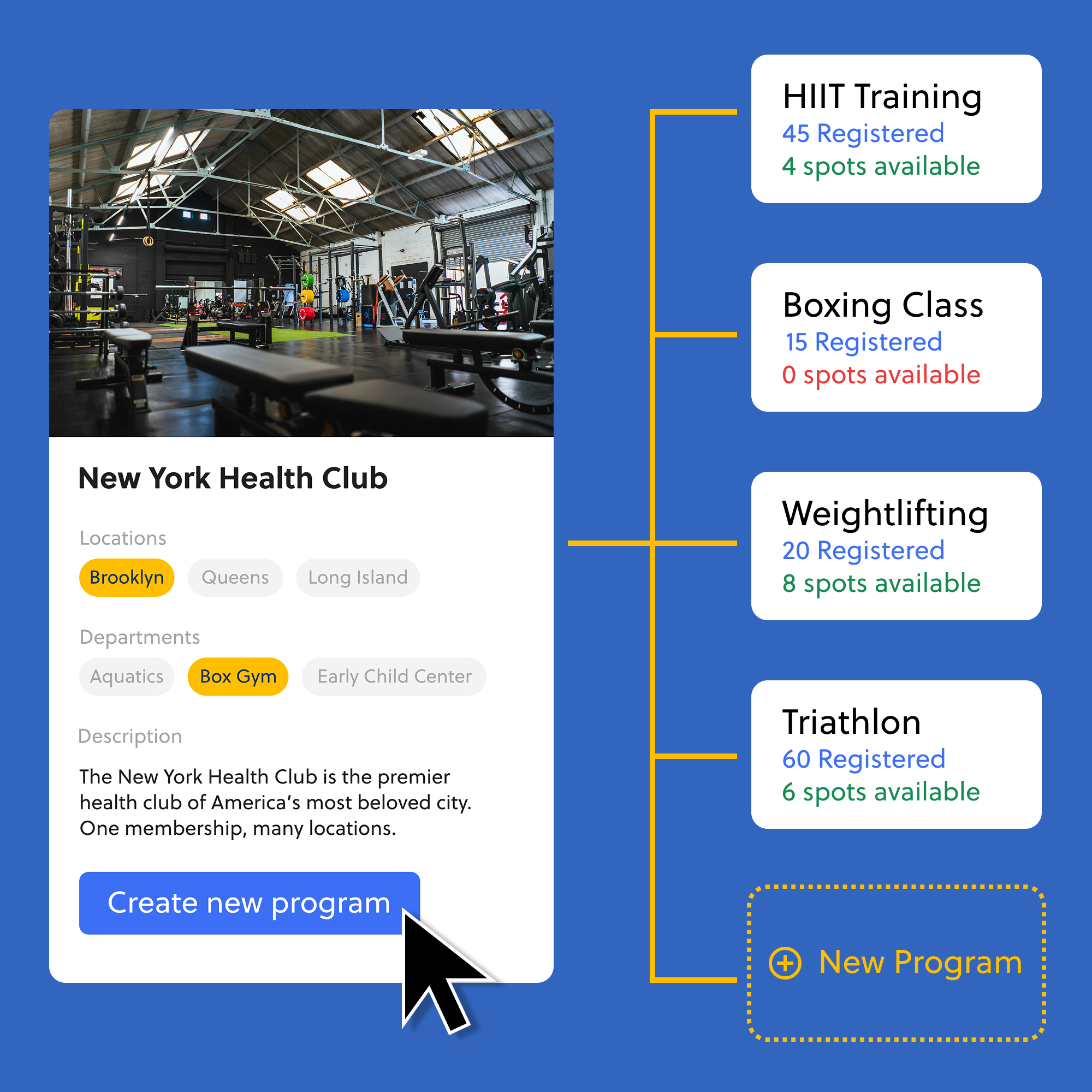
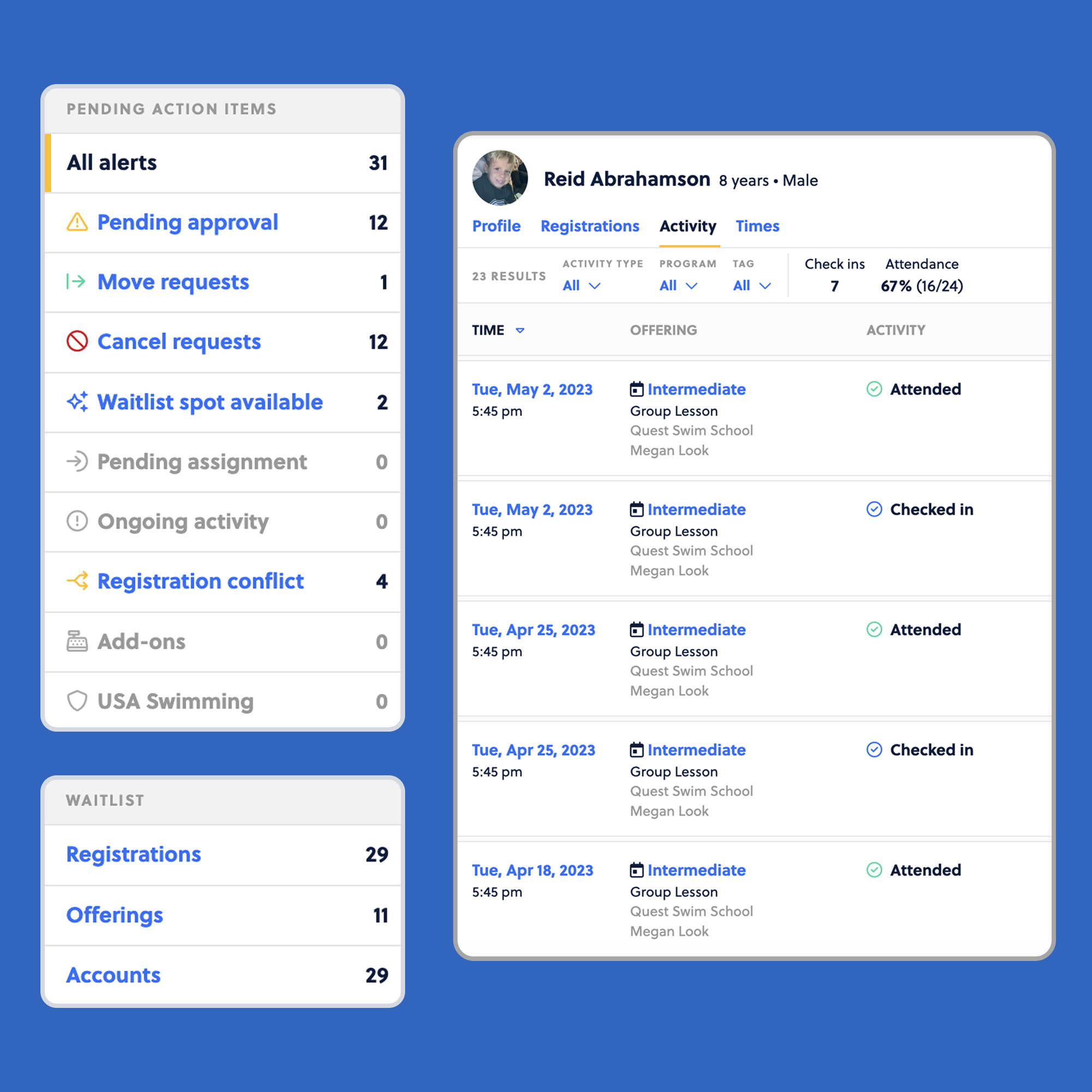

Everything Revenue
Flexible billing that fits your business—all in one place, for the first time. Now you can grow, adapt, and scale on your terms.
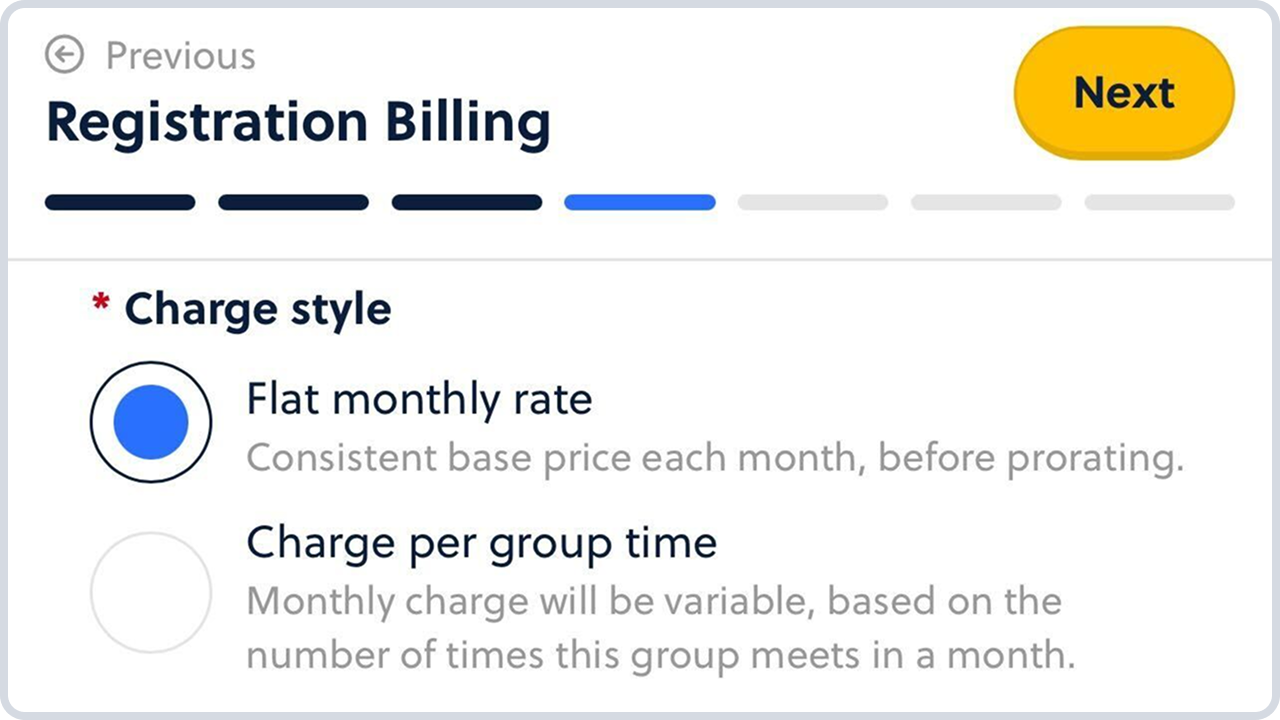
Flexible Payment Options
Monthly recurring, one time fees, annual charges, custom charges, charge on check-in, pro-rating options, membership rates, pass through fees and more.
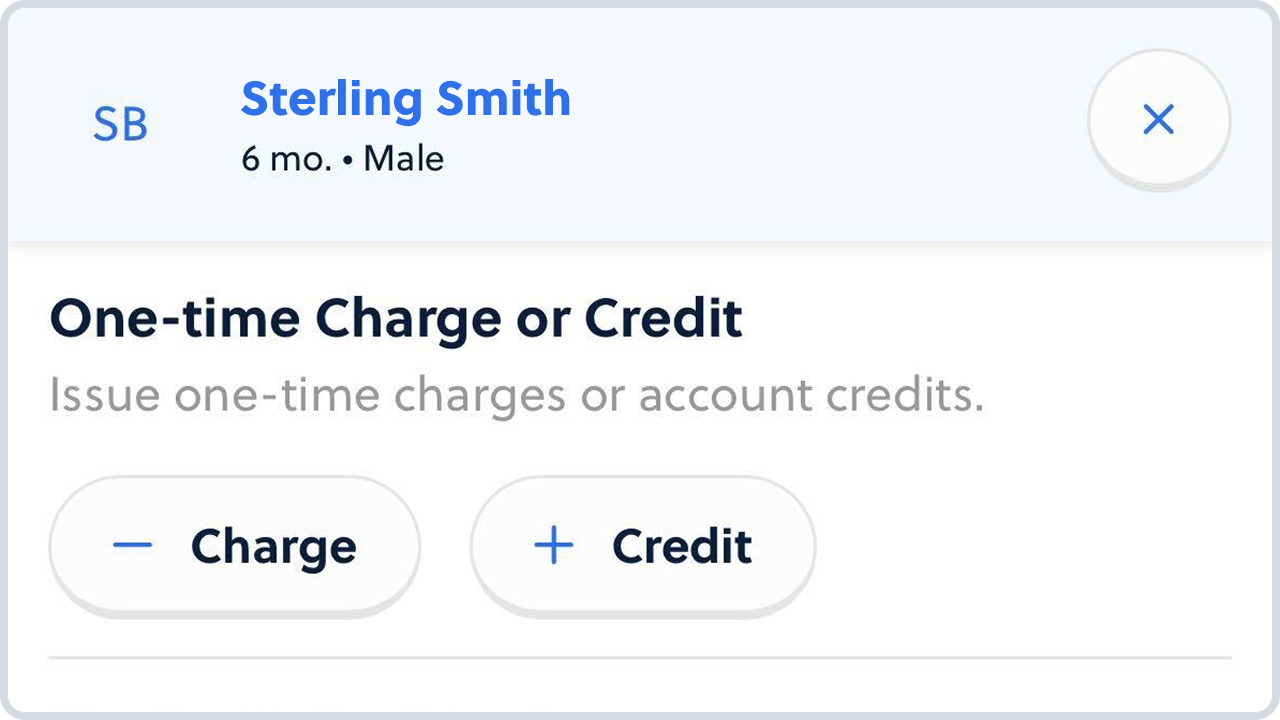
Tools to Make it Right
Captyn makes it easy to solve customer issues with one time or recurring credit & debits. Built in coupons and discounts management tools with reporting.
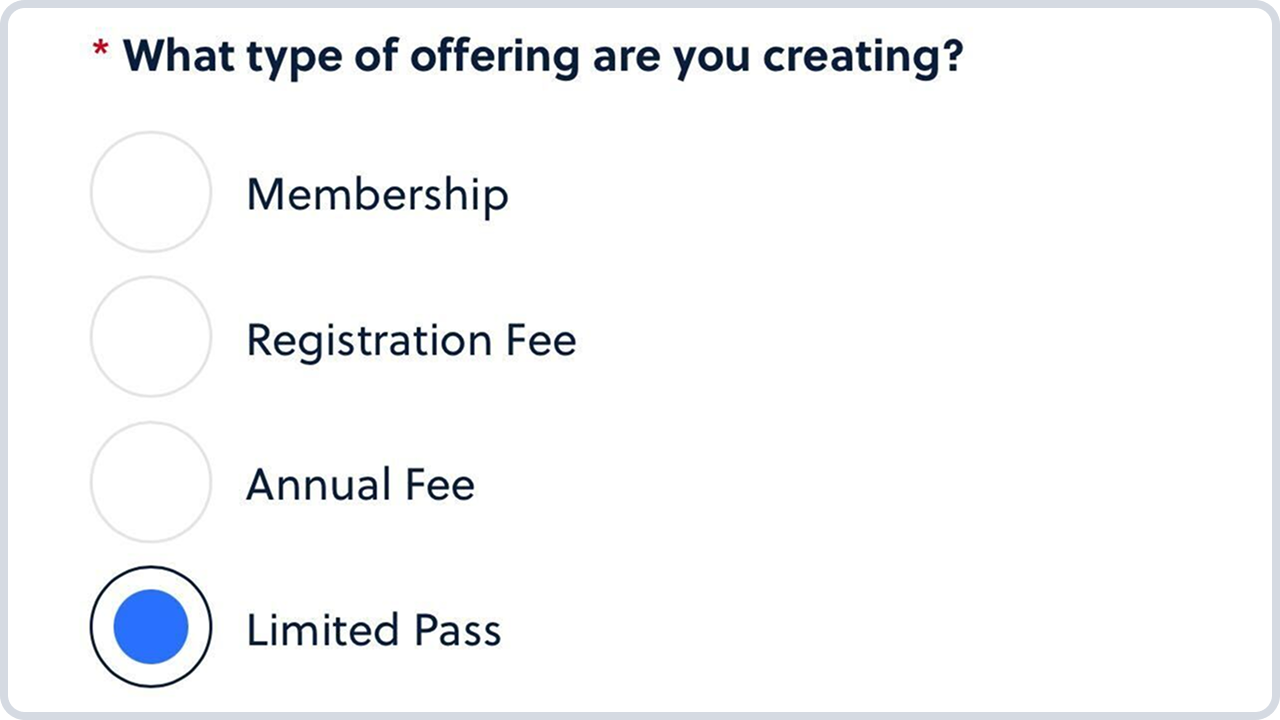
Your Customers Your Way
Offer memberships, session based programs, drop-ins, punch cards, and more—all from one system. However you run your business, Captyn adapts to your customers.
See Captyn in Action
Other softwares talk about their benefits but rarely showcase their products. See what makes Captyn different and how it can help you.
Ready to Transform Your Operations?
Get in contact with us and learn how Captyn can help you achieve more with less effort.
%20-%20All%20Logos_Primary%20-%20Full%20Color.png)


